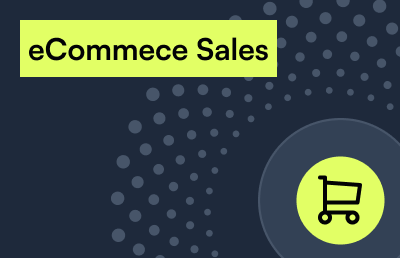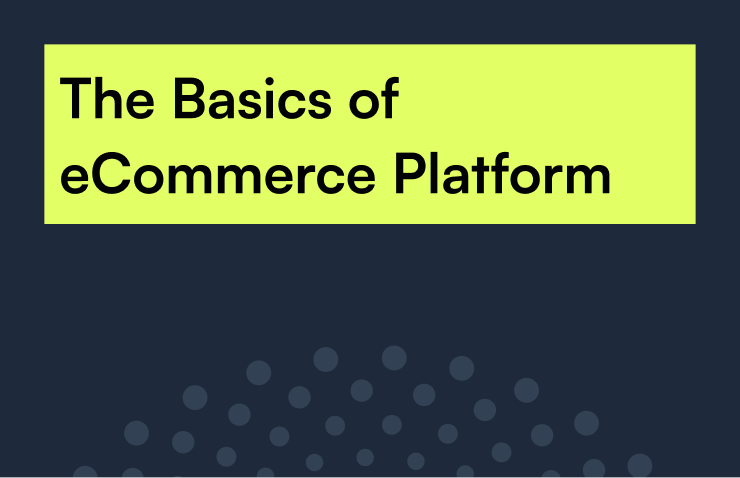Magento B2B for Distributors
B2B executives have identified achieving operational efficiency and process improvement as two of the main goals for B2B online retailing. Fulfillment and warehouse management are often pain points for ecommerce professionals because of disparate or outdated systems that do not efficiently automate the online sales purchase to customer’s door process. This wastes valuable hours that could be used in more productive ways as well as decreases ship-out speeds. Luckily, there are ecommerce platforms out there with the features needed to obliterate these problems. Magento 2 has a robust set of built-in features which keep track of inventory across multiple warehouses, as well as all drop-shipper inventory. This is one of many important feature sets that are included within the Magento platform which is what makes Magento a top pick for B2B merchants everywhere. With the right features in place, you can make it so that things stay organized, and customers get their orders accurately and on-time. While all consumers value a reliable merchant who gets their orders shipped out on time, this aspect of business is even more crucial for B2B transactions. Large wholesale buys are transactions which affect the buyer’s business. If a consumer is purchasing goods from you to be sold by their company by a certain deadline, and you don’t get them their products on time, their business suffers. This will certainly be a reason for them to take their business elsewhere.
In addition to the features mentioned, Magento also has features built in to manage multiple business accounts, set permissions and roles and create sub accounts easily. Going a step further – Web Solutions NYC has developed a custom module to add additional functionality to sub accounts. With the extension enabled, an admin can give a sub account a price cap for ordering and give permission to request and modify quotes. The extension expands on the already robust capabilities of Magento sub accounts to customize the workflow for your business. Like this sub-accounts module, the Magento marketplace is filled with extensions which are easily integrated into the platform and can help boost sales by providing a quality user experience to your B2B clients. For example, you are able to make repeat and first time buying easy for your customers with the new Magento 2.1 cart. Here, customers can add many products quickly, re-order, and place recurring orders. Including multiple supported payment types such as purchase orders and global payment methods, the new payment system was developed with B2B consumers in mind.
Another example of Magento’s B2B capabilities is the support of associating accounts and sub accounts with specific price lists, payment options, and shipping methods. Web Solutions NYC has also built onto this functionality with the Request for a Quote module which allows B2B buyers to request quotes directly from the website. If the seller approves the quote, the buyer can then place an order directly from the approved quote page. Quotes can also be modified by the seller and sent back to the buyer for approval. Keeping the RFQ process on an easy website interface encourages streamlined communication and customer loyalty.
Mobile optimization is one of the key crucial components for modern B2B selling, and Magento knows this. With busy professionals in various industries such as healthcare, manufacturing, pharmaceuticals, and more, being able to order with ease from a tablet or smartphone is a priority. Many companies are even providing mobile devices to their employees so that they may order for the business via smartphone. Magento is a platform which supports responsive design, and all of the B2B online retail features are also available for mobile.
Magento is known for many things, but some of the most appreciated capabilities of the platform are it’s B2B functionalities. Studies show that B2B sales are on the rise. Reaching almost 1 trillion dollars this year, total B2B sales are almost double the B2C market. It is predicted that popularity in Business to Business sales will only increase as time goes on, potentially reaching 6.7 trillion dollars globally. With this clear understanding of the power of B2B, why is it that some merchants are still not equipped with the features and functionalities needed to start their B2B ecommerce journey? Many believe that it is a difficult and messy task to begin implementing B2B functionality, but it does not have to be. With the right ecommerce platform, right features, and right agency to guide you in the right direction, your business will undoubtedly thrive in the B2B market.
For merchants already running on the Magento platform, almost a third have a B2B sales component. The market share for Magento B2B retailers is higher than its competitors and continues to grow each year. Well known and reputable brands look no further than Magento when in search of quality B2B functionality. This can be seen with examples such as 3M, General Electric, Canon, Rogue Fitness and P&G. With these brands among many more all existing in diverse industries, it can be seen that Magento can be used and customized to help a business in any vertical thrive. These key verticals include but are not limited to: Fashion-Apparel, Electronics, Medical Devices, Food, Home and Garden, Metals, Automotive, Healthcare, Pharmaceuticals, Nutraceuticals, Services, and Equipment Manufacturers. Operational efficiency can be achieved within all of these industries with the proper implementation and customization of the features and functionalities needed for a unique business.
B2B is on the rise, and it’s not slowing down any time soon. Merchants must educate themselves on how to survive in the B2B world to stay ahead of the competition and separate themselves from the rest. Get on board with Magento and take advantage of the many B2B features offered to begin your journey towards success in the business to business world.



